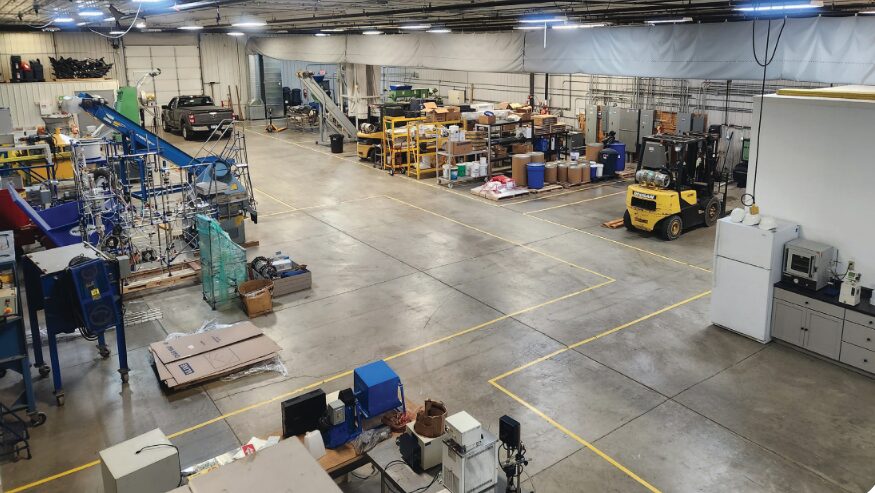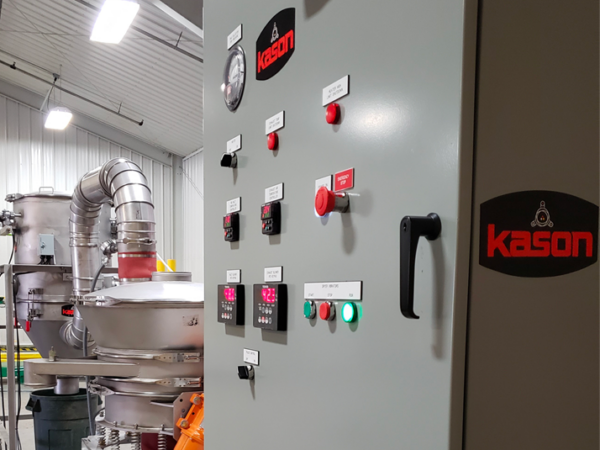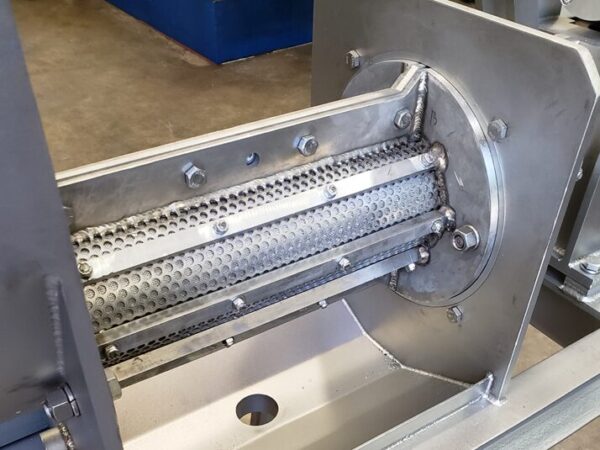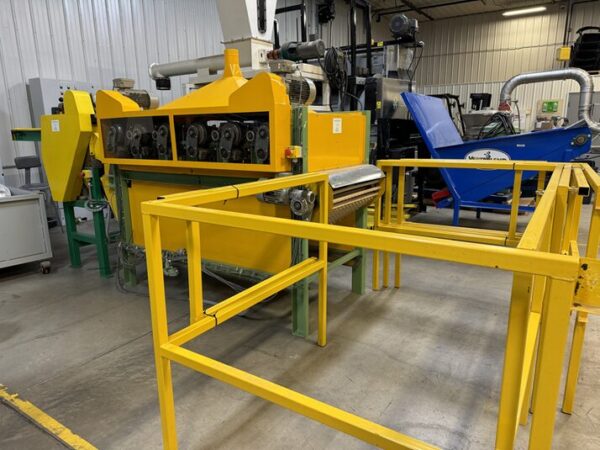
AURI’s BioIndustrial Innovation Center specializes in research and development to identify opportunities to add value to agricultural products through new or improved products and processes. The technical staff can provide consulting and scientific services in product and process development, product evaluation, testing, and sourcing materials, equipment, and services.
The 15,000-square-foot laboratory develops new uses for plant and animal products that present environmental and economic opportunities for expanding to an industrial scale. The primary areas of value-added focus are utilizing and processing residues from primary crops—established and emerging—and coproduct valorization. More recently, significant attention has been given to the productive use of waste from agricultural commodities processing, animal manures, and general agriculture-derived waste.
AURI’s BioIndustrial Innovation Center can process pre-commercial quantities of feedstock to satisfy production environment testing, validation of process performance, quality, economics, and other demonstration needs, including producing material to support market and product development. Equipment can be reconfigured to emulate many industrial processes and workflows, thus allowing the collection of relevant performance data for scale-up process design and evaluation.
Capabilities include:
- Grinding
- Milling
- Size reduction
- Densification/pelleting
- Biomas deconstruction
- Fiber separation and classification
- Blending
- Drying
- Particle size analysis
- Seed oil pressing
- Desolventization
- Dewatering
- Anaerobic digestion
- Formulation
- Extraction
Essential Pilot Equipment includes:
- 60 HP, 1 ton per hour pellet mill with multiple dies
- Pellet cooler
- Hammer mill
- Pneumatic conveyances
- Oil presses
- Aspirator
- Mixers
- Vibrating sieve screener
- Shaker table
- Various cleated belt conveyors
- Various augers
- Fluidized bed dryer
- Rotary drum dryer
- Dewatering horizontal screw presses
- Impact dehuller
- Burr mill
- Indent separator
- Macerating pumps
Also in Waseca is a pilot digester consisting of two 1,250-gallon (1,100 effective) tank digesters. The digesters feature independent mechanical and hydraulic mixing and can be operated in series, parallel, or independently. The systems, capable of operating in both mesophilic and thermophilic conditions, are fully instrumented with real-time monitoring of gas production (volume and composition) for each digester independently, in addition to pressure, temperature, and flow measurements. Two feeding systems enable the input of medium to low and high solid materials and the blending of different ratios of individual feedstocks.
Pilot digester operations are supported by local in-house capabilities to monitor the digesters’ efficiency and responses. Staff investigate the performance of various feedstock digestion using titration methods to determine volatile fatty acids and buffering capacity (FOS/TAC), along with total nitrogen (TKN). These tools aid with monitoring the reactors’ health under various feeding policies and feedstock types.
Recent additions currently being commissioned include glass equipment for small-scale (5-20 liter) liquid processing, featuring temperature-controlled mixing and reaction, solid separation, liquid/liquid countercurrent liquid contacting, and batch distillation.
A training room with audiovisual aids capable of hosting more than 50 people facilitates training sessions, demonstration workshops, and other outreach and development activities where direct access to equipment and facilities is beneficial. Lastly, several guest workstations allow for short-term residency for third-party professionals involved in collaboration or training with AURI.


